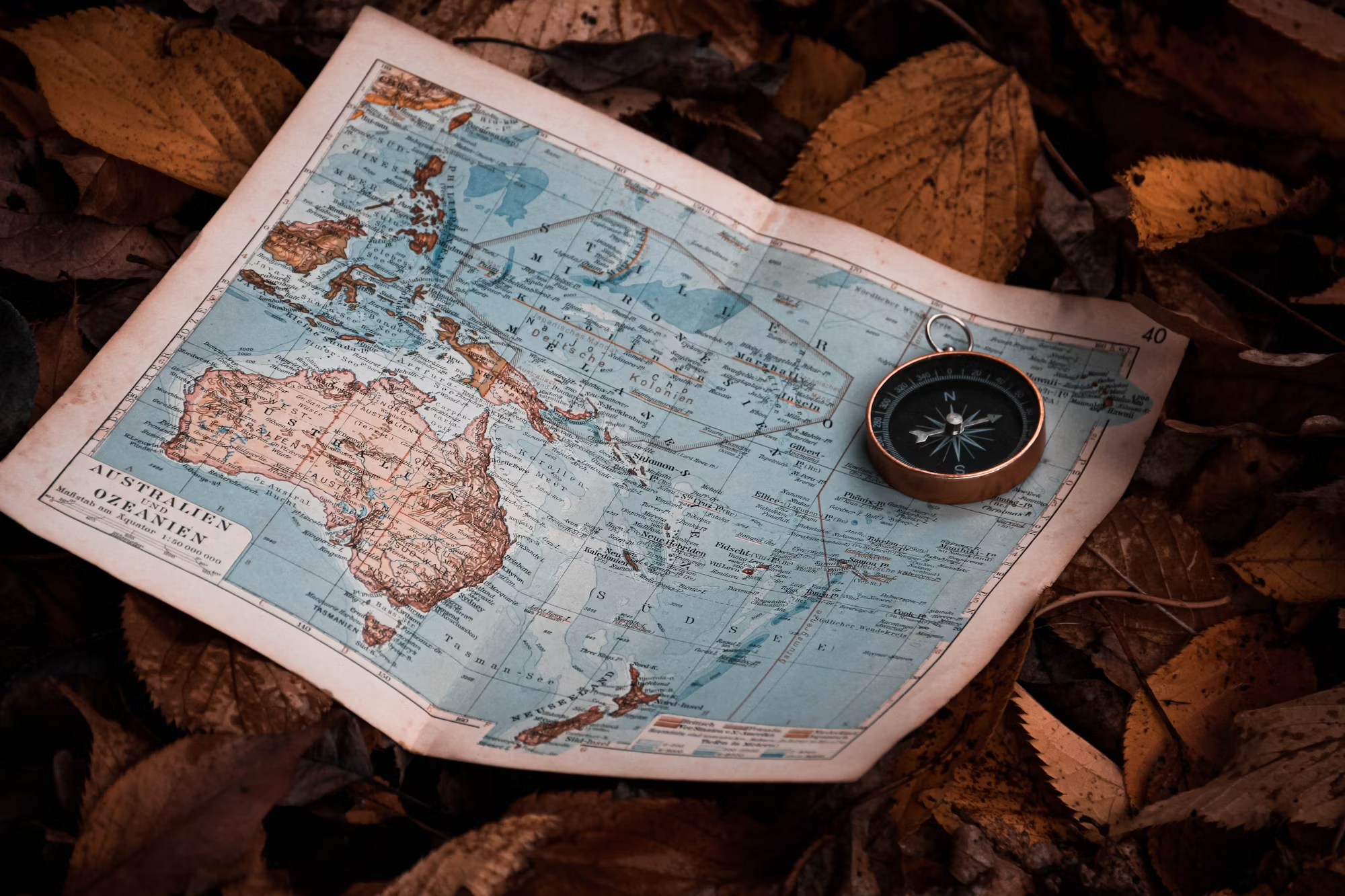Travel is one of the most enriching experiences life has to offer, providing us with opportunities to explore new cultures, meet diverse people, and gain fresh perspectives. The art of travel encompasses a range of styles, each catering to different interests and preferences. From leisurely beach vacations to thrilling adventure trips, each type of travel has unique benefits that can enhance our understanding of the world. In this article, we will delve into various travel styles—leisure travel, adventure travel, cultural travel, ecotourism, sustainable travel, backpacking, luxury travel, solo travel, group travel, and business travel—illustrating how they contribute to our personal growth and global awareness.
Leisure travel is perhaps the most popular form of travel, often characterized by relaxation and enjoyment. When people think of leisure travel, they typically envision serene beaches, charming towns, and rejuvenating spa retreats. Destinations like Bali, the Caribbean, or the picturesque villages of Europe provide idyllic settings for unwinding and escaping the daily grind. This type of travel is essential for mental and emotional well-being, as it allows individuals to take a break from their hectic lives and focus on self-care. Activities such as lounging by the pool, enjoying gourmet meals, or exploring local shops enable travelers to indulge in the joys of life. Ultimately, leisure travel serves as a reminder of the importance of balancing work and relaxation in our fast-paced world.
In contrast, adventure travel invites those seeking excitement and exploration to push their boundaries. This form of travel is all about engaging in thrilling activities like hiking, mountain climbing, white-water rafting, or scuba diving. Destinations such as New Zealand, Patagonia, and the Swiss Alps offer stunning landscapes that are perfect for adventure seekers. Adventure travel not only provides adrenaline-pumping experiences but also fosters personal growth and resilience. As travelers navigate through rugged terrains or conquer challenging climbs, they often discover strengths and abilities they never knew they possessed. The camaraderie formed with fellow adventurers creates lasting memories and shared experiences that enhance the journey.
Cultural travel is another enriching style that allows individuals to immerse themselves in the history, art, and traditions of a destination. This form of travel encourages exploration of local customs, cuisine, and heritage, offering a deeper understanding of the places we visit. Cities like Rome, Kyoto, and Istanbul are steeped in history, offering a wealth of museums, historic sites, and local festivals. Engaging with locals through cooking classes, artisan workshops, or guided tours fosters genuine connections and insights into their way of life. Cultural travel promotes empathy and appreciation for diversity, reminding us that while we may come from different backgrounds, we all share a common humanity.
Ecotourism is a growing movement that emphasizes responsible travel to natural areas, focusing on conservation and sustainability. It allows travelers to experience the beauty of nature while minimizing their environmental impact. Destinations like Costa Rica and the Galápagos Islands are leaders in ecotourism, providing opportunities to engage with wildlife and participate in conservation efforts. Activities such as guided hikes, wildlife observation, and community projects enable travelers to connect with the environment and contribute positively to its preservation. Ecotourism not only enriches travel experiences but also instills a sense of responsibility toward the planet, emphasizing the importance of protecting our natural resources for future generations.
Sustainable travel shares the ethos of ecotourism, focusing on making conscious choices that benefit local communities and the environment. This approach encourages travelers to consider their impact on the places they visit, opting for eco-friendly accommodations, local transportation, and sustainable practices. Countries like Sweden and Bhutan exemplify sustainable tourism, showcasing experiences that prioritize environmental integrity and community well-being. By supporting local businesses and engaging in sustainable activities, travelers can enjoy enriching adventures while making a positive difference. Sustainable travel emphasizes our interconnectedness, reminding us that our choices matter and that travel can be both enjoyable and responsible.
Backpacking offers a unique way to explore the world with minimal financial constraints, appealing to those with a spirit of adventure. This style encourages travelers to carry only what they need and often stay in hostels or budget accommodations, making it a cost-effective option. Popular backpacking routes through Southeast Asia, South America, and Eastern Europe attract adventurous spirits eager to immerse themselves in diverse cultures. Backpacking promotes flexibility and spontaneity, allowing travelers to alter their itineraries and discover hidden gems along the way. The shared experiences among backpackers create a sense of community, with friendships forged over campfires or in bustling hostels. This camaraderie enhances the travel experience, turning simple journeys into unforgettable adventures.
Luxury travel, while often associated with opulence, can also provide enriching experiences that deepen our connection to a destination. High-end accommodations, gourmet dining, and exclusive tours offer a different perspective on travel, where comfort enhances exploration. Destinations like the French Riviera or Maldives allow travelers to indulge in unique experiences, such as private yacht charters or personalized culinary tours. Luxury travel can facilitate meaningful interactions with local cultures, allowing for deeper engagement than what typical tourism offers. By embracing the finer aspects of travel, luxury travelers can gain insights into local traditions and hospitality, enriching their journeys in unexpected ways.
Solo travel is a powerful avenue for self-discovery, empowering individuals to explore the world at their own pace. Traveling alone allows for complete autonomy in decision-making, enabling travelers to follow their interests without compromise. Cities like Barcelona, Prague, and Buenos Aires are known for their welcoming atmospheres, making them ideal for solo explorers. The independence that comes with solo travel fosters confidence and self-awareness, as individuals learn to navigate new environments and connect with locals on their own terms. This personal journey can lead to profound insights and a deeper understanding of oneself, often resulting in transformative experiences that extend well beyond the trip.
Group travel, whether with friends, family, or organized tours, creates shared experiences that enhance relationships and create lasting memories. Traveling together allows for collaborative exploration, where each member contributes to the journey’s direction and activities. Popular destinations for group travel include national parks, beach resorts, and cultural cities, where diverse interests can be catered to. The joy of experiencing new places collectively enhances the travel experience, as laughter and stories are shared among companions. Group travel fosters a sense of connection and community, emphasizing the importance of shared moments in our lives.
Lastly, business travel, while primarily focused on work-related objectives, can also offer opportunities for cultural engagement and exploration. Many business travelers take advantage of their trips to connect with local cultures, whether through dining experiences, networking events, or sightseeing excursions. Cities like Singapore and London provide vibrant backdrops for professional engagements while offering a wealth of cultural experiences. By balancing work with leisure, business travelers can transform routine trips into enriching experiences that broaden their perspectives and deepen professional relationships.
In conclusion, travel is a multifaceted experience that invites exploration, connection, and growth. Each style of travel—leisure, adventure, cultural, ecotourism, sustainable, backpacking, luxury, solo, group, and business—offers unique opportunities for personal development and understanding. By embracing the diversity of travel experiences, we can uncover new perspectives and cultivate a deeper appreciation for the world around us. As we embark on our journeys, let us remember the transformative power of travel and strive to create unforgettable experiences that enrich our lives and those we encounter. Every trip has the potential to inspire and educate, leaving us forever changed for the better.

